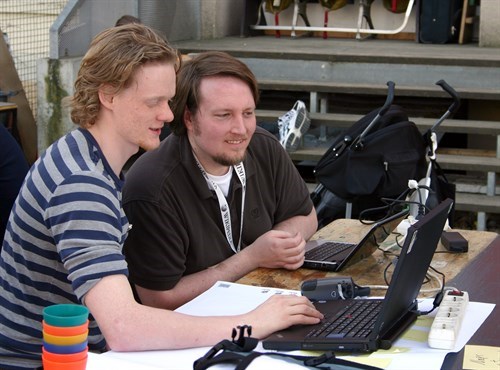Happy Developers: The Secret to Better Software?
02 July 2014
We can all recognise that the happiness of an individual person is related to what they achieve in life, and indeed work. This has been of interest to psychologists, who have spent time researching the relationship between the emotions of a worker and their work performance and problem-solving ability.
But what of software developers? With so many businesses now relying on information technology, one of their goals should be of making them as productive as possible. And this better productivity demands something different to many other industries - agility and creativity.
Change that occurs during software development requires agility, while everyday developer activities are perceived to be creative and autonomous. And indeed, many firms look to provide a working environment which supports creativity, providing incentives and perks to make their developers happy.
However, there has been little research on the actual links between the happiness and the creativity of a software developer: until now. A group of academics have done an experiment attempting to analyse what effect a computer science student's mood has on their creative and analytical abilities.

More information on the details of what they did are here (there's a lot of academic psychology speak), but the most important thing is their findings - they found that while having a positive mood didn't affect a person's creativity, there was some indication it improved their analytical skills. In the end, it concluded that the happiest software developers are significantly better analytical problem solvers.
What does this mean? Well it does give evidence that the companies making developers happy are getting better results. But perhaps more importantly, there is a need for more study into the 'human factors' that goes into great software development and engineering.

